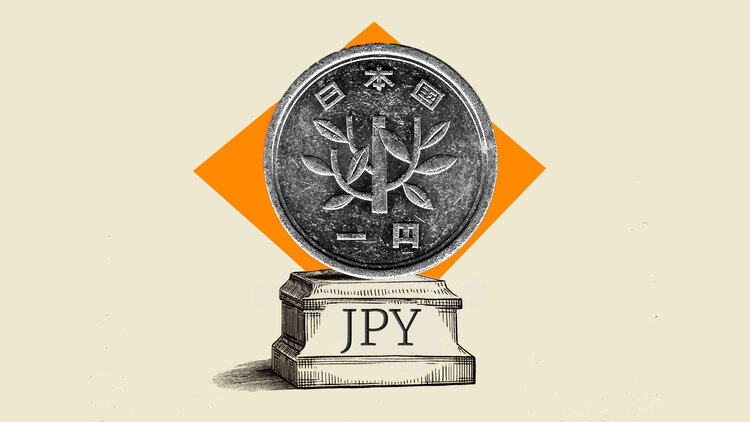Former Defense Minister Shigeru Ishiba will become Japan’s new prime minister after winning the dispute for leadership of his party this Friday (27), following a fierce dispute that ended in a second round.
The 67-year-old takes control of the long-ruling Liberal Democratic Party (LDP), which has been in power and is plagued by scandals, and will take charge of the world’s fourth-largest economy when parliament convenes in October, due to a majority of his party in the lower house.
He was one of nine candidates and defeated Economic Security Minister Sanae Takaichi — who was vying to become Japan’s first female leader — in the second round, with 215 votes to 194.
A third favorite who did not make the final was Shinjiro Koizumi, the US-educated, charismatic son of popular former Prime Minister Junichiro Koizumi.
It was Ishiba’s fifth attempt to lead the party, a conservative political machine that has governed Japan almost continuously since the party’s founding in 1955.
In a political culture that prizes conformity, Ishiba has long been something of an outsider, willing to criticize and go against his own party. This willingness to speak out has earned him powerful enemies within the LDP but endeared him to more popular members and the public.
He is part of the most progressive wing of the conservative party.
The veteran politician promised a “complete exit” from Japan’s high inflation rates, promising to achieve “growth in real wages.”
He also supports legislation that could allow married women to keep their maiden names, said Japan should reduce its dependence on nuclear energy in favor of renewables, and called for an Asian version of the North Atlantic Treaty Organization security bloc. (NATO) to combat threats from China and North Korea.
Ishiba will succeed current Prime Minister Fumio Kishida, who announced in August that he would resign after just one term, following a series of political scandals that fueled calls for his resignation.

The LDP has been embroiled in one of Japan’s biggest political scandals in decades in recent months. Two of the LDP’s most influential factions have been accused of failing to properly declare their income and expenses and, in some cases, allegedly redirecting political funds to lawmakers as bribes.
Scandals involving several high-ranking officials have not helped, with some being accused of involvement in electoral law violations or past offensive comments against minorities.
Kishida has tried to contain the damage, replacing several ministers last year and abolishing his own party faction.
As leader of the ruling party, Ishiba will be tasked with improving the LDP’s image ahead of next year’s general elections.
He will also take charge at a time of rising costs of living, which have been exacerbated by the weak yen.
With U.S. presidential elections in November, Ishiba will steer Japanese relations with a new American leader amid growing security challenges in Asia, including an increasingly assertive China and a belligerent North Korea.
The partnership with Japan has been central to U.S. strategy in the Asia-Pacific region, and his predecessor Kishida this year expanded Japan’s defense cooperation with its key ally.
Ishiba has been steadfast in defending deterrence as a security issue and, echoing his predecessor’s words during a recent trip to Taiwan, said that “what is happening in Ukraine today could be a problem that Northeast Asia faces tomorrow,” according to Kyodo News.
Japan resident Emi Uchibori, 67, told CNN of Tokyo who supports Ishiba, saying “we need a leader who can lead Japan firmly into the future.”
“Japan is an elderly society, and I hope social welfare will be promoted. In terms of diplomacy, I would like to see Japan deal with issues with China, Russia and North Korea,” she said.
Meanwhile, Manami Otsuchi, 22, said she wants to see reforms “that do not put too much burden on the younger generation and lead to economic growth in Japan.”
(Genta Takeda and Hanako Montgomery, from CNN contributed to the report)
This content was originally published in Former Defense Minister Shigeru Ishiba wins dispute and will be Japan’s next prime minister on the CNN Brasil website.
Source: CNN Brasil
Bruce Belcher is a seasoned author with over 5 years of experience in world news. He writes for online news websites and provides in-depth analysis on the world stock market. Bruce is known for his insightful perspectives and commitment to keeping the public informed.







